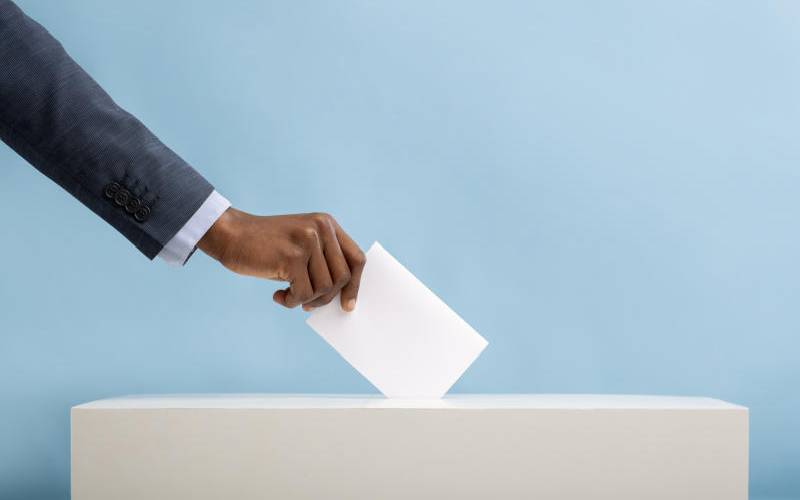×
The Standard e-Paper
Smart Minds Choose Us

There is no doubt, whatsoever, that the intention of the International Election Mission and many like-minded local missions is to enhance transparency and accountability in electioneering processes.